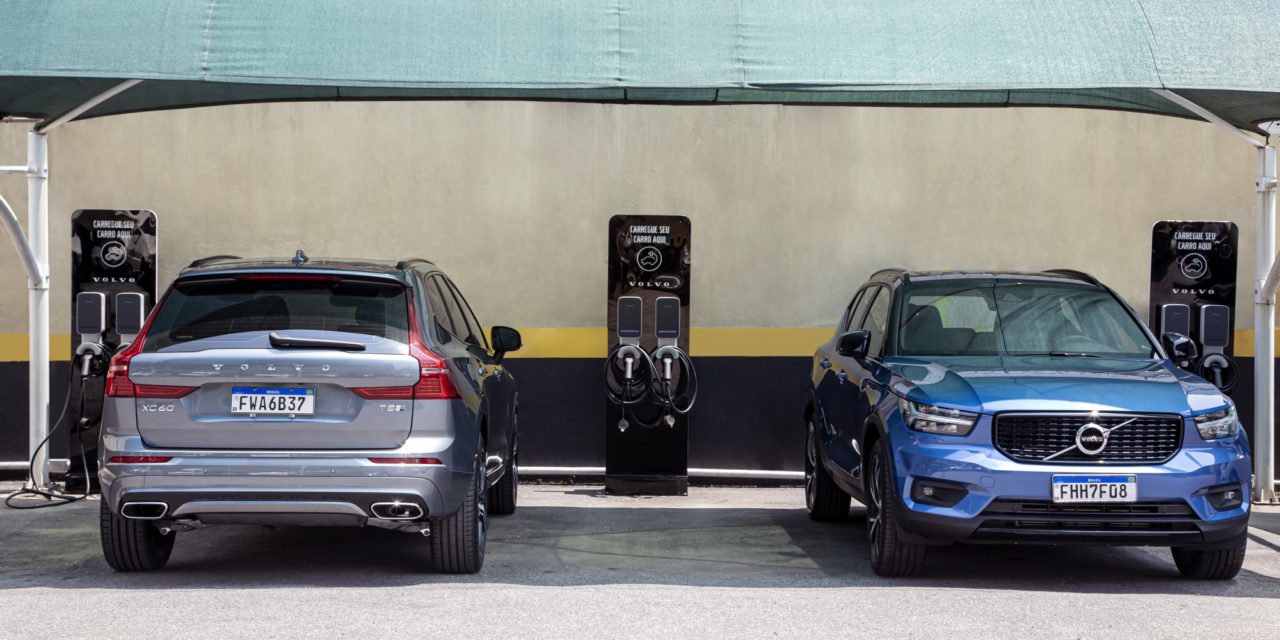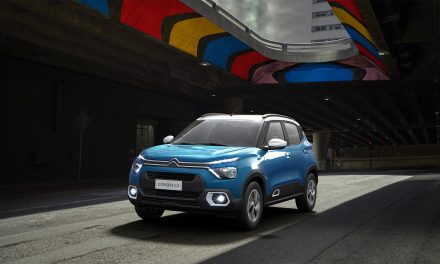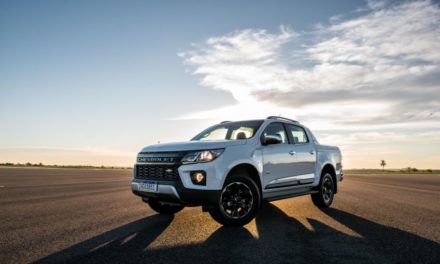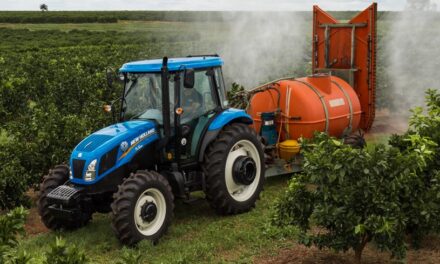By Alzira Rodrigues | 11/9/23 | Translated by Jorge Meditsch
Step by step and consistently, electrified cars are gaining space in the Brazilian market.
In January 2022, electric and hybrid sales were no more than 2.2% of the market. Last month, the electrified share more than doubled, reaching 4.6%, with 1.1% pure electric and 3.5% hybrid vehicles.
In October, 9.6 thousand cars were licensed, 13% more than in September and 114% more than in October 2022. 2.4 thousand were battery electric vehicles, and 7.2 thousand were hybrid. Year-to-date, the sales reached 67.2 thousand units – 10.1 thousand and 57 thousand – a 36.1% growth over the 49.2 thousand sold last year.
Without local production, fully–electric vehicles are growing slowly, according to the figures released by Anfavea on November 8. Nonetheless, the segment gained strength by mid-year, when some brands, including the Chinese, announced models costing around R$ 150 thousand, such as the BYD Dolphin and GWM Ora 03.
Those launches led to a price war in the Brazilian market, with long-established brands launching promotions and even reducing prices. These movements even contributed to the imported models’ share growth in the national market.
The pure-electric growth can’t be ignored, but Brazilians tend to prefer hybrids.
Despite the growth of the number of electric stations in the country, it is impossible now to drive on all roads without becoming stressed due to a possible battery exhaustion.
Toyota and Caoa Chery already offer hybrid models, and the Japanese brand mulls launching a plug-in hybrid, an option still limited to imported vehicles. Stellantis and Renault have already confirmed investments in hybrid models, including plug-ins, and some models shall reach the market next year.
- Importações de autopeças, principalmente da China, seguem em alta - 30 de abril de 2025
- Importados atingem participação de 14,7% na frota circulante - 29 de abril de 2025
- Frota circulante cresce, mas envelhece no caso dos carros e caminhões - 29 de abril de 2025










